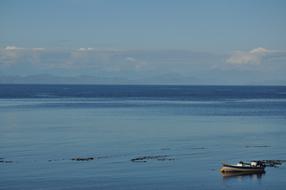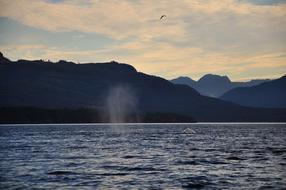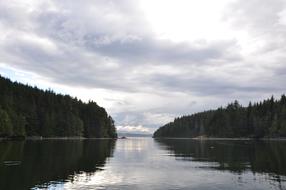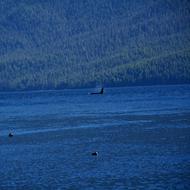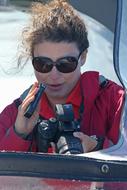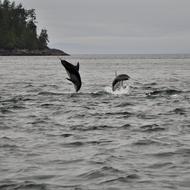Leila Fouda
Murphy Family Foundation Postdoctoral Fellow
Conservation Oceanography and Marine Technology, University of New Brunswick
Biography
I am an early career marine ecologist. My research interests lie in furthering our understanding on marine species and their relationship with the wider environment using multifaceted approaches.
I seek to determine the underpinnings of key life history behaviours in the context of anthropogenic and environmental influences to inform decisions that collectively impact marine conservation in increasingly anthropogenically-influenced environments.
Find my orcid page here.
Download CV here.
- Marine Ecology
- Animal Movement
- Foraging Ecology
- Bioacoustics
PhD in Marine Ecology, 2022
Queen Mary University of London
MSc in Conservation Science, 2012
Imperial College London
BSc (Hons) in Marine Biology, 2009
University of St Andrews
Skills
Featured Publications
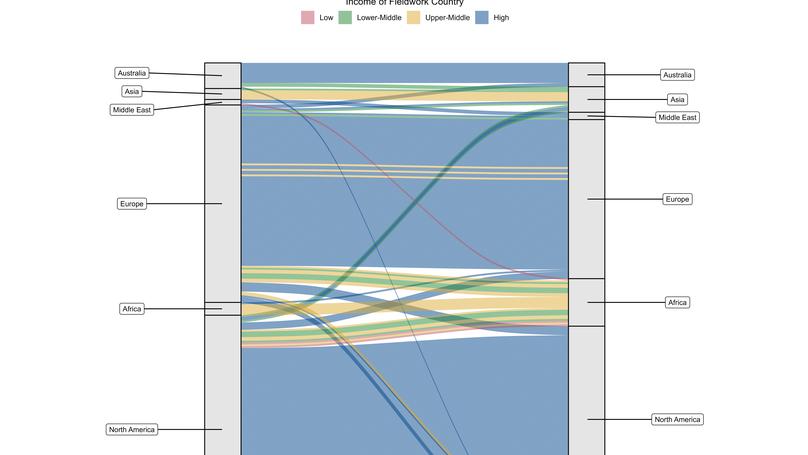
Who conducts biological research, where they do it and how results are disseminated vary among geographies and identities. Identifying and documenting these forms of bias by research communities is a critical step towards addressing them. We documented perceived and observed biases in movement ecology, a rapidly expanding sub-discipline of biology, which is strongly underpinned by fieldwork and technology use. We surveyed attendees before an international conference to assess a baseline within-discipline perceived bias (uninformed perceived bias). We analysed geographic patterns in Movement Ecology articles, finding discrepancies between the country of the authors’ affiliation and study site location, related to national economics. We analysed race-gender identities of USA biology researchers (the closest to our sub-discipline with data available), finding that they differed from national demographics. Finally, we discussed the quantitatively observed bias at the conference, to assess within-discipline perceived bias informed with observational data (informed perceived bias). Although the survey indicated most conference participants as bias-aware, conversations only covered a subset of biases. We discuss potential causes of bias (parachute-science, fieldwork accessibility), solutions and the need to evaluate mitigatory action effectiveness. Undertaking data-driven analysis of bias within sub-disciplines can help identify specific barriers and move towards the inclusion of a greater diversity of participants in the scientific process.
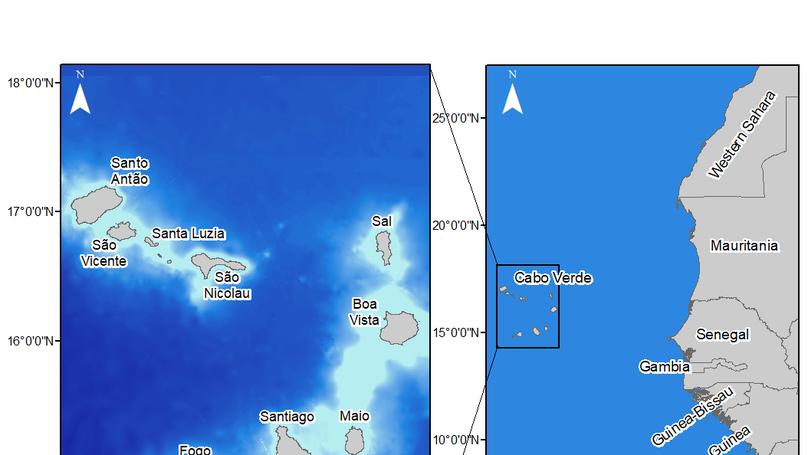
Feeding ecology is an essential component of an organism’s life, but foraging comes with risks and energetic costs. Species in which populations exhibit more than one feeding strategy, such as sea turtles, are good systems for investigating how feeding ecology impacts life-history traits, reproduction and carried over effects across generations. Here, we investigated how the feeding ecology of loggerhead sea turtles (Caretta caretta) nesting at the Cabo Verde archipelago correlates with reproductive outputs and offspring quality. We determined the feeding ecology of female turtles before and during the breeding season from stable isotope analysis of carbon and nitrogen and correlated isotopic ratio with female and offspring traits. We found that female turtles feeding at higher trophic positions produced larger clutches. We also found that females with higher δ13C values, typical of productive foraging areas, had greater fat reserves, were less likely to be infected by leech parasites and produced heavier offspring. The offspring of infected mothers with higher δ13C values performed best in crawling and self-righting trials than those of non-infected mothers with higher δ13C values. This study shows adult female loggerheads that exploit productive areas build capital reserves that impact their reproductive success and multiple proxies for offspring quality. Overall, our findings provide valuable insights into the complex interplay between feeding ecology and reproductive success, and reveal the transgenerational carry-over effects of both feeding ecology and health on offspring quality in sea turtles.
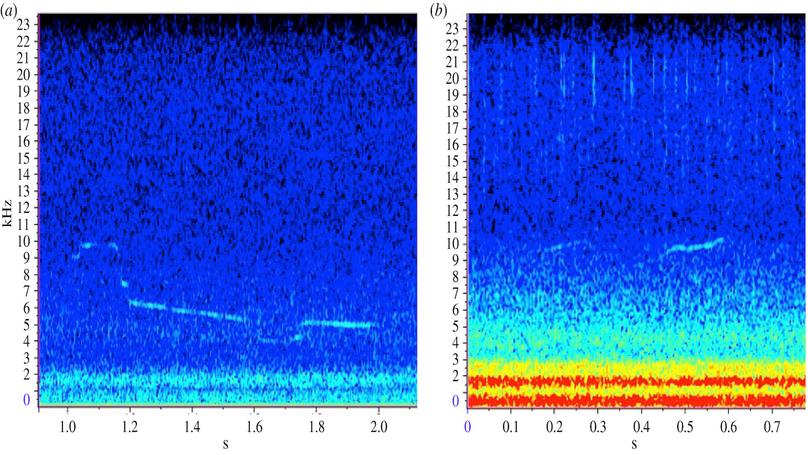
Ocean noise varies spatially and temporally and is driven by natural and anthropogenic processes. Increased ambient noise levels can cause signal masking and communication impairment, affecting fitness and recruitment success. However, the effects of increasing ambient noise levels on marine species, such as marine mammals that primarily rely on sound for communication, are not well understood. We investigated the effects of concurrent ambient noise levels on social whistle calls produced by bottlenose dolphins (Tursiops truncatus) in the western North Atlantic. Elevated ambient noise levels were mainly caused by ship noise. Increases in ship noise, both within and below the dolphins' call bandwidth, resulted in higher dolphin whistle frequencies and a reduction in whistle contour complexity, an acoustic feature associated with individual identification. Consequently, the noise-induced simplification of dolphin whistles may reduce the information content in these acoustic signals and decrease effective communication, parent–offspring proximity or group cohesion.
Recent Publications
Accomplishments
Contact
- lfouda@gmail.com
- Saint John, New Brunswick
